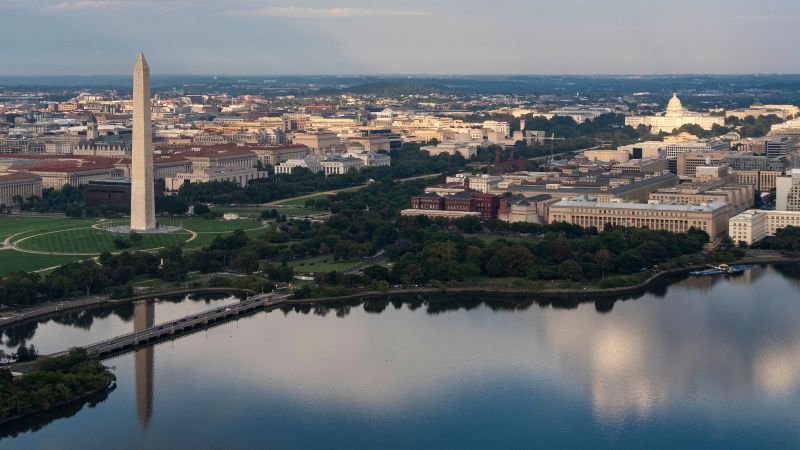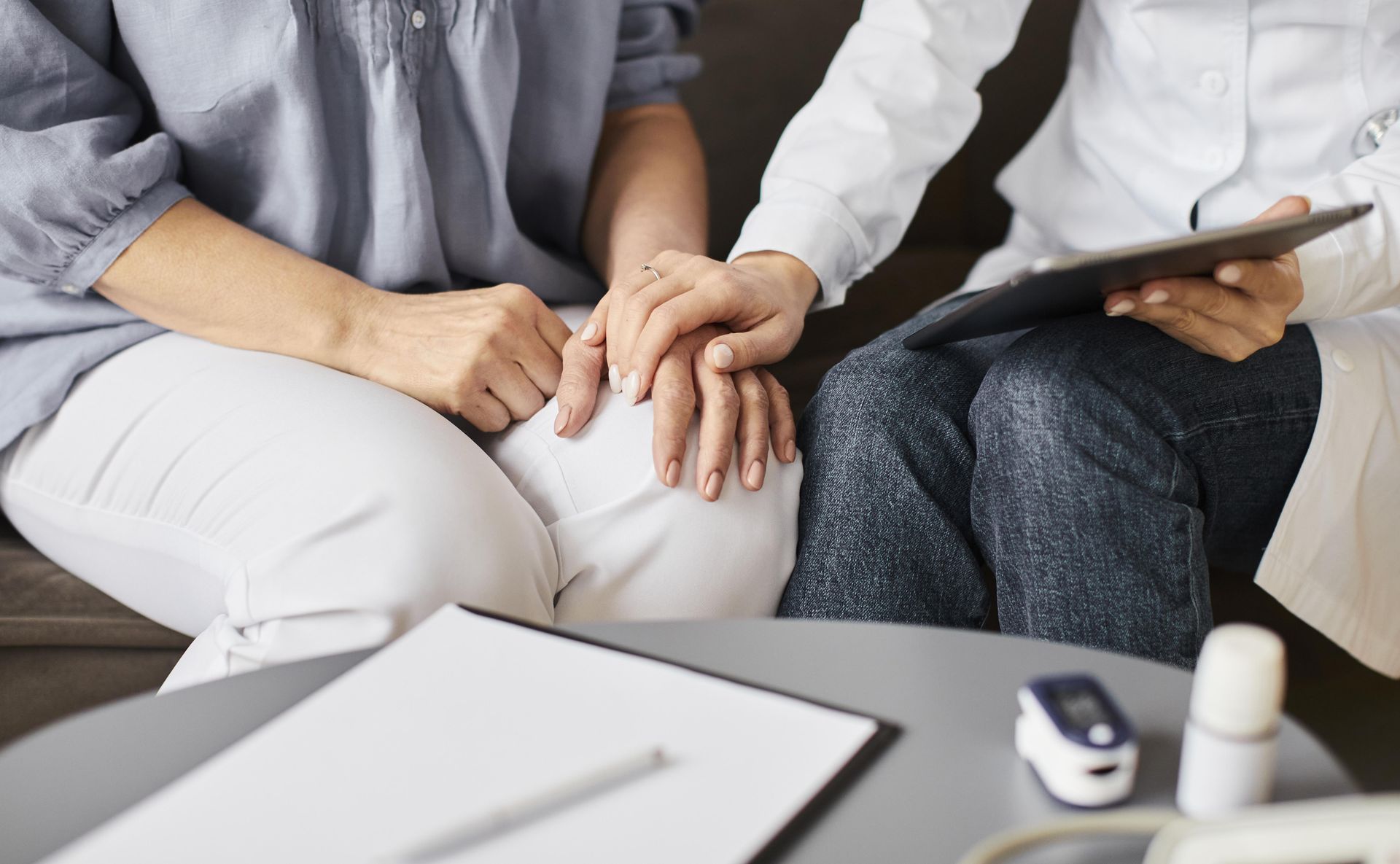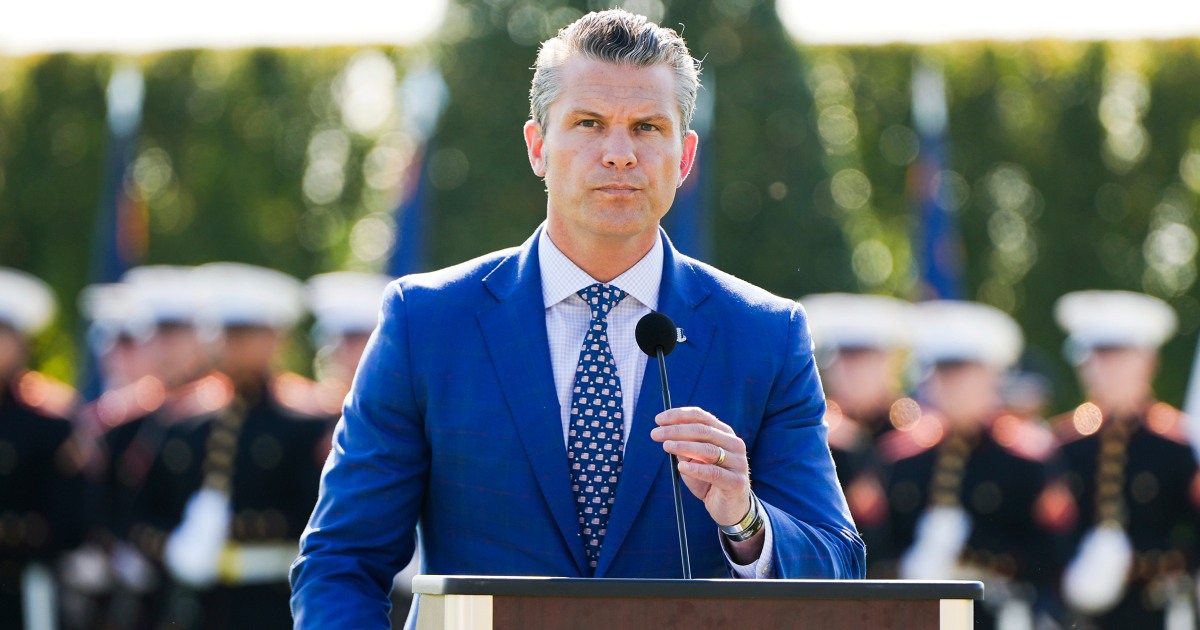
OU and OU Health hospitals merge
OU and its College of Medicine consolidated on Tuesday with OU Medical Center to create the state’s first fully integrated academic health system, called OU Health.
Oklahoman
- A partnership between FSU Health and Tallahassee Memorial HealthCare aims to create a tertiary academic medical center.
- The author argues Tallahassee’s population is unlikely to support a quaternary center like UF Health in Gainesville.
- This new medical center is expected to enhance medical education, research, and patient care in the Big Bend region.
We are all familiar with the idea of primary care medicine as well as specialty care – aka secondary care. As healthcare delivery systems in the United States grow and evolve, we the patients of Tallahassee will have medical needs for tertiary or even quaternary medical care (i.e. advanced medical research trials and procedures, transplants, etc.). Currently, we at times must leave our hometown to receive such care.
These higher intensity levels of medical services require larger, more supportive geographic service areas than the Big Bend can offer. Yet, some Tallahasseeans fear that we may become the next Shands. As of 2023, approximately 1.7 million Floridians live within 150 miles of the capital city. Gainesville, by contrast, has more than six times that many — nearly half the state’s population — within the same 150-mile radius.
Despite our rate of growth, I question whether we will reach the population level needed to support a quaternary medical center like UF Health (previously Shands) in Gainesville. It is unlikely that we would become the next “Shands.”
On the other hand, the FSU Health—TMH partnership could both elevate health care in Tallahassee and develop into an excellent tertiary medical center. Under the guidance of the city, the local community with its current assets and holdings surely will be able to support this new medical center.
TMH will bring its experience in local health care delivery and operations. In return FSU will be obligated to serve the medical needs of local area residents. The FSU Health-TMH partnership with the additional resources that a new joint venture brings, will enhance every level of health care in the Big Bend.
Prestigious academic medical centers have a “three-legged stool” philosophy in their mission statements. They include medical education, medical research and patient medical care. The FSU Health-TMH partnership will improve not only medical education at both the student and resident levels but also advance clinical research for all Floridians and South Georgians.
The FSU Health-TMH Medical Center will greatly expand health care services desperately needed by many residents of Tallahassee and the surrounding communities. Focusing on education, the new medical center should be able to serve all patients regardless of whether they have any insurance coverage.
There is a cautionary note, however. We must not forget that local Tallahassee residents not only helped build TMH but also will provide the patient population for a significant portion of the FSU’s medical education mission. Hence, we need to make sure that certain decisions continue to be made locally. A combined TMH/FSU board must have representatives who live and work in our local community. These leaders should not come from regions outside of our service area, nor should they have any political aspirations that do not align directly with the health care needs of Tallahassee and the surrounding areas.
As a provider, I look forward to embarking upon the path to becoming a new and improved tertiary care academic medical center. Showcasing its expanded research capabilities and health care delivery services, the new medical center will benefit all of us.
I am excited about the opportunity to work with the new clinical and academic medical professionals and scholars this partnership will bring to Tallahassee. As a patient and local resident, our community needs this medical center.
Let’s do this and enjoy the journey.
Thomas Serio, MD, is a family physician practicing in Tallahassee since 1996, and he has been involved with FSU medical education in a variety of roles since 1994.
JOIN THE CONVERSATION
Send letters to the editor (up to 200 words) or Your Turn columns (about 500 words) to [email protected]. Please include your address for verification purposes only, and if you send a Your Turn, also include a photo and 1-2 line bio of yourself. You can also submit anonymous Zing!s at Tallahassee.com/Zing. Submissions are published on a space-available basis. All submissions may be edited for content, clarity and length, and may also be published by any part of the USA TODAY NETWORK.
link






More Stories
Patient safety culture in a tertiary care hospital in Makkah, Saudi Arabia, a cross-sectional study | BMC Health Services Research
FMoH partners PharmAccess to roll out safecare programme in federal tertiary hospitals
Monitoring of pediatric antibiotic consumption using electronic medical records in an Italian tertiary care hospital